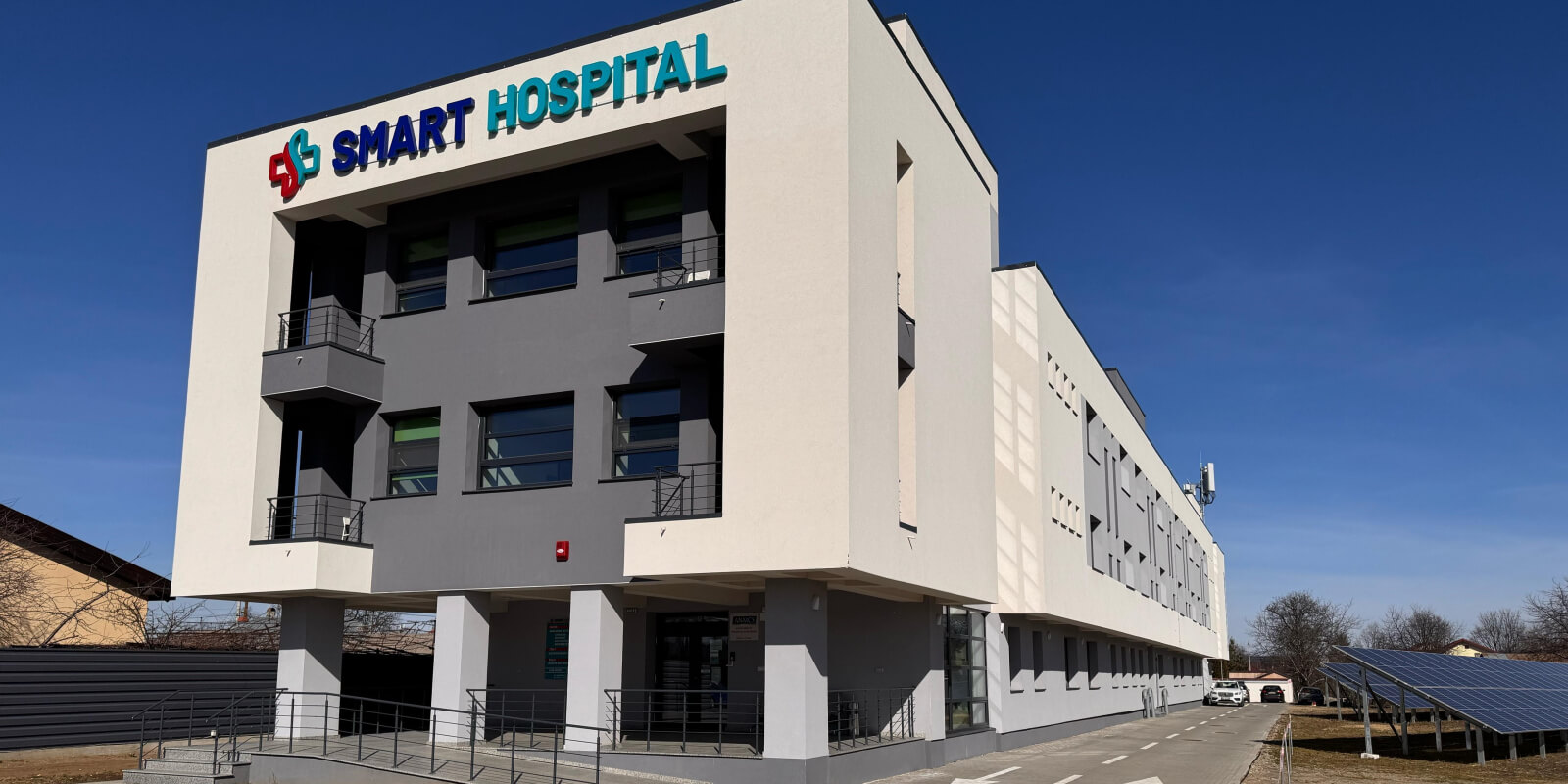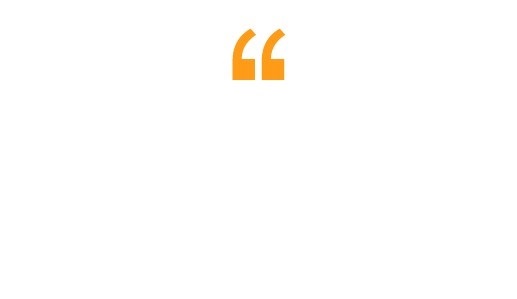Hikvision.com uses strictly necessary cookies and related technologies to enable the website to function. With your consent, we would also like to use cookies to observe and analyse traffic levels and other metrics / show you targeted advertising / show you advertising on the basis of your location / tailor our website's content. For more information on cookie practices please refer to our cookie policy.
-
-
Back
Product SelectorFind the right Hikvision products for your needs!View AllAccessory SelectorUse the search criteria to find all available accessories for your camera model.View AllHiTools DesignerHikvision's practical online tool that willassist you in every step of designing andlaunching a security system.View All -
-
-
Back
-
-
View byCondominiumsSMB Solution for Condominiums delivers unified video security and smooth access control, streamlining daily operations through automated monitoring & alerts, centralized and digital management.View AllPerimeter ProtectionHikvision offers diversified perimeter protection solutions which boast highly-effective false alarm reduction.View AllShopsSMB Solution for Shops offers reliable video security and access solutions for daily management, combining Hikvision’s cutting-edge technologies and analytics can result in a well-designed in-store layout and better customer flow.View All -
-
-
Back
-
-
-
Easy-to-use Tips for NVRs & DVRsHere you can find expert tips for NVRs or DVRs, like Hikvision DVR password reset, NVR installation, and more. Learn how to maximize the functionality of your security system!View AllHow To VideoWatch tutorial videos about how to use Hikvision products. Click to learn more.View All -
-
-
Back
-
See Clearer Technology Hikvision's See Clearer technology advances security with enhanced night vision, HD imaging, and AI-driven image processing for superior machine perception and reliability.
-
See Smarter Technology Hikvision's See Smarter technology uses deep learning to enhance physical security by automating object detection, classification, and motion analysis, improving response times and reducing costs.
-
See Vaster Technology Hikvision's See Vaster technology integrates multiple lenses into one camera, offering wide-field views and detailed zoomed-in perspectives. Click for more!
-
See More in Demanding Scenarios Hikvision innovates in optical technology and image quality, offering products that perform reliably in extreme conditions and diverse applications. See more in scenes with extra challenges.
-
Thermal Imaging Technology Hikvision's Infrared Technology: Unrivalled environmental adaptability; Extended distance on perimeter protection; Stay ahead of the flames.
-
Radar Technology Hikvision's advanced millimeter-wave radar technology provides highly accurate, all-weather detection for perimeter protection, traffic management, and smart security applications.
-
Security Inspection Technology Hikvision's X-rays with Raytina Algorithm Engine use AI to deliver high-resolution images through advanced penetrative and backscatter techniques. Click for more!
-
Audio Technology Discover how Hikvision elevates audio experiences with cutting-edge AI technology and advanced audio innovations. Experience the future of sound today!
-
Storage and Bandwidth Hikvision's storage and bandwidth solutions offer direct streaming and scheduled backup technologies, which will keep your security system up and running smoothly.
-
EaseEngine EaseEngine powers Hikvision's dedication to simplicity and ease. It ensures that our products and services are user-friendly, offering enhanced simplicity and effectiveness to meet all your needs.
-
-
-
Back
-
Hik-Partner ProThe Hik-Partner Pro(HPP) one-stop security service platform gives Hikvision’s partners easy access to all Hikvision product information, promotions, and marketing handouts.View AllHikvision Embedded Open Platform 2.0 (HEOP)Hikvision Embedded Open Platform (HEOP) enables technology partners to develop and run their own applications on Hikvision's hardware.View All -

